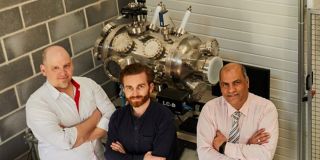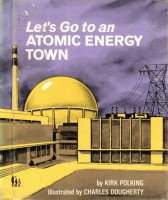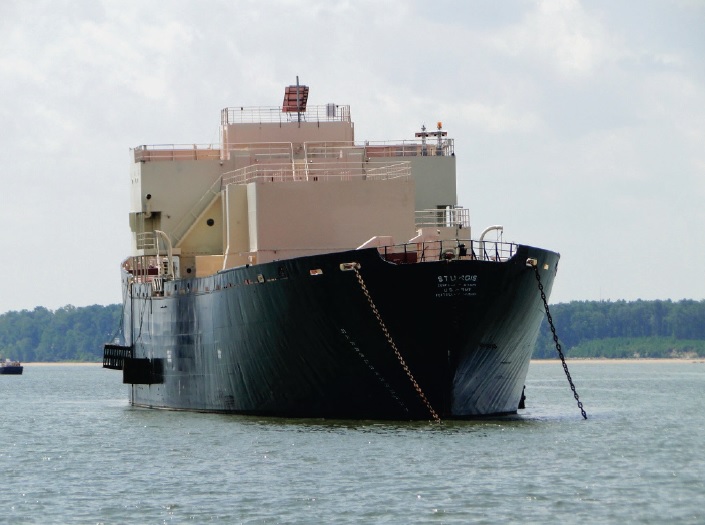Nuclear Video Matinee Mother's Day Double Feature
The second Sunday in May marks the celebration of Mother's Day in the United States and many countries. In honor of this wonderful tradition, the Nuclear Cafe Matinee is quite pleased to showcase interviews with nuclear engineer Julie Ezold, Californium-252 Production Program Manager at Oak Ridge National Laboratory.




 The 206th Carnival of Nuclear Energy has been posted at The Hiroshima Syndrome. You can
The 206th Carnival of Nuclear Energy has been posted at The Hiroshima Syndrome. You can 